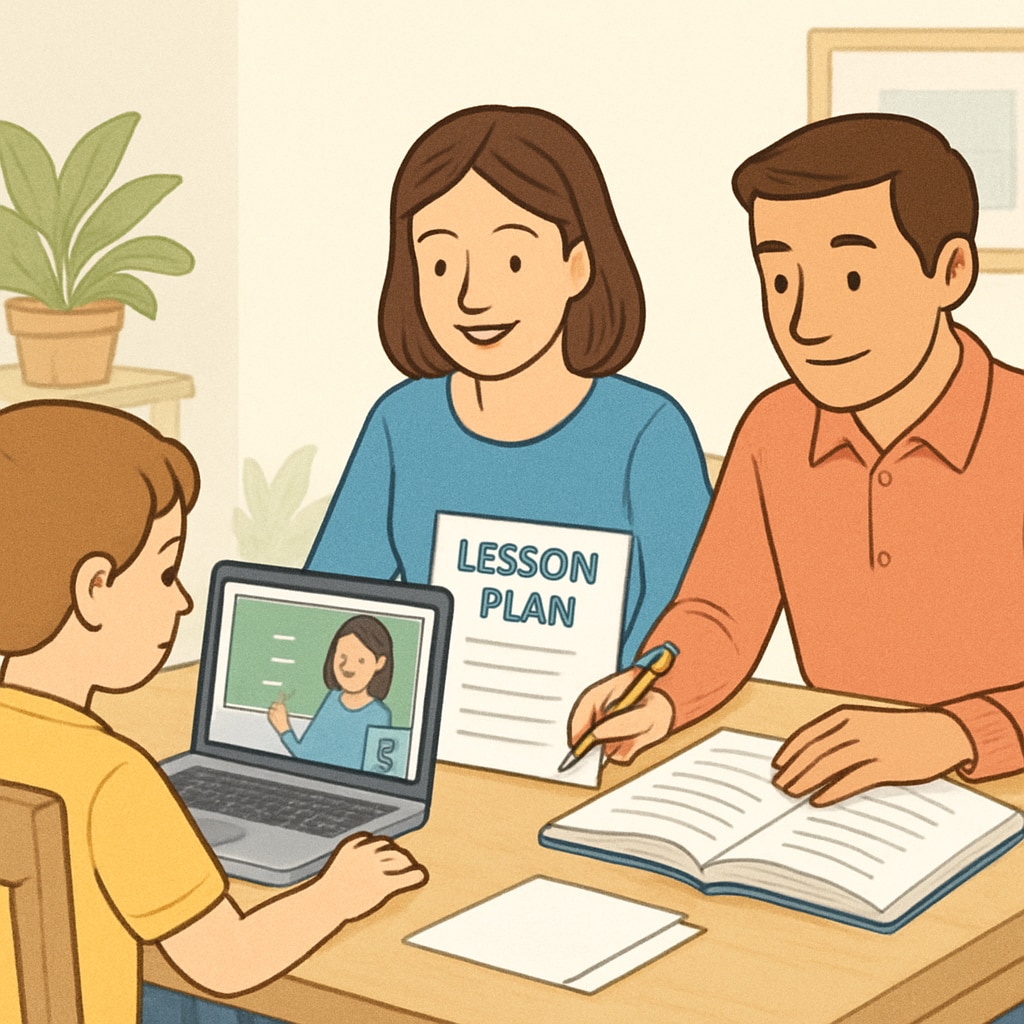In recent years, the education landscape has undergone a significant transformation. Among the most notable changes is the rising popularity of online public schools. Parents are increasingly exploring this option, driven by a mix of factors including personalized learning opportunities, flexibility, and alignment with their family’s lifestyle. As traditional education systems evolve to meet modern challenges, online public schools are emerging as a powerful alternative that complements conventional methods.
The Appeal of Online Public Schools
The decision to switch to online public schools often stems from the need for a more tailored educational experience. Unlike traditional classrooms, where teaching is often standardized, virtual platforms enable personalized learning paths. Students can progress at their own pace, revisiting challenging topics or advancing quickly through areas they excel in. This adaptability is particularly beneficial for those with diverse learning needs, such as gifted students or those requiring additional support.
Moreover, online public schools provide access to certified teachers and accredited curricula, ensuring a high-quality education comparable to traditional schools. These programs are often tuition-free, funded as part of the public education system, making them an accessible option for families across various socioeconomic backgrounds.

Flexibility: A Key Driver for Parents
One of the most cited reasons parents opt for online public schools is flexibility. For families with unique schedules—whether due to travel, work commitments, or extracurricular activities—virtual learning allows students to adapt their school day to fit their lifestyle. This flexibility is particularly appealing to parents who homeschool or those who move frequently due to work, such as military families.
Additionally, online public schools can reduce the time and stress associated with daily commutes. Without the need to travel to a physical location, families save valuable hours that can be redirected toward academics, hobbies, or family bonding. This convenience is further enhanced by the ability to access lessons and resources remotely, making education portable and accessible from anywhere.

Preparing Students for a Digital Future
Another compelling aspect of online public schools is their emphasis on digital literacy. As the world becomes increasingly technology-driven, students who are comfortable navigating virtual platforms gain a significant advantage. Through daily use of online tools, they develop essential skills such as time management, self-discipline, and effective communication in virtual environments—abilities that are highly valued in modern workplaces.
Furthermore, online education often incorporates interactive elements such as live discussions, project-based learning, and multimedia resources. These features not only enhance engagement but also mirror the collaborative and tech-savvy nature of today’s professional world.
Challenges and Considerations
Despite the numerous benefits, online public schools are not without challenges. Some parents express concerns about reduced social interaction, which is a natural component of traditional schooling. However, many programs address this by offering virtual clubs, extracurricular activities, and in-person meetups.
Parents must also play a more active role in their child’s education when choosing online learning. While this increased involvement can strengthen parent-child relationships, it requires a time commitment that not all families can accommodate. Understanding these dynamics is crucial for making an informed decision.
In conclusion, online public schools represent a dynamic shift in the education sector. By offering personalized learning, flexibility, and preparation for a tech-driven world, they meet the diverse needs of modern families. As more parents explore this option, it’s clear that virtual classrooms are not just a trend—they’re a valuable addition to the educational landscape.
For further reading: Learn more about the history of online education on Wikipedia’s Online School page or explore the benefits of virtual learning on Britannica’s Distance Learning article.


